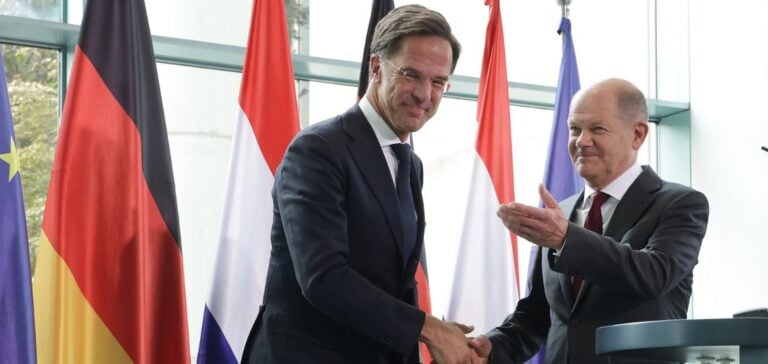The process of the German state acquiring TenneT Germany has been dragging on for almost two years, creating growing tensions between the Dutch and German governments. According to extracts from a letter consulted by Reuters, dated May 17, Dutch Prime Minister Mark Rutte expressed his frustration at the lack of a concrete offer from Berlin, despite numerous indications and assurances from various parts of the German government.
A strategic transaction for Germany
The acquisition of TenneT Germany, valued at between 20 and 25 billion euros, is of strategic importance for Germany. In the wake of Europe’s energy crisis and the severing of energy ties with Russia, Berlin is keen to strengthen its control over key energy infrastructures and accelerate the energy transition. Indeed, coal still plays far too large a role in Germany’s energy mix. Berlin has spent hundreds of billions of euros to support its suppliers and protect its industry from soaring energy costs.
Divergences within the German coalition
However, differences over price, Germany’s budgetary problems and differences of opinion within the ruling coalition in Berlin complicated the sale. German Finance Minister Christian Lindner is skeptical that Berlin will be able to sell shares in TenneT to private investors in the future, fearing a lack of demand.
Mark Rutte, who is due to leave office this month with the arrival of a new right-wing government, insists on the need to reach an agreement before July 1, the date by which Berlin must present a provisional budget for 2025. If no agreement is reached, the Netherlands is considering selling part or all of TenneT Germany to private investors, as there is no political support in the Netherlands for retaining ownership of Germany’s largest power grid.
Germany waits, hoping for a price cut
For its part, Germany is playing for time, hoping to obtain a lower price due to rising interest rates and falling network yields, which should make it harder for the Netherlands to find private investors for these assets. An alternative structure envisaged would be for Germany to take a minority stake in TenneT Germany, instead of a full takeover.
Meanwhile, TenneT confirms intensive discussions on alternatives to a complete sale of its German subsidiary in Berlin, although this option remains the preferred outcome. The company hopes to make progress in the next three weeks. This strategic acquisition for Germany and Europe’s energy transition therefore remains on hold, with tensions between the two countries increasing with each passing month.






















